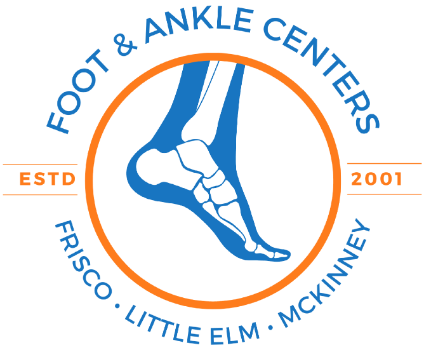Athlete's foot is a fungal infection mostly caused by a group of fungi called dermatophytes, which thrive in warm and moist environments. It is highly contagious and can spread through direct contact with infected skin or surfaces. The infection can also spread from one part of the body to another through scratching or touching the infected area.
The symptoms of athlete's foot can vary, but they usually include:
- Red, scaly patches on the skin and soles of your feet
- Skin breaking down which may lead to cracks, fissures, or blisters
- Peeling skin on the sole of the foot
- An unpleasant foot odor
- Dry skin that is often itchy, especially after removing shoes and socks
- Stinging or burning sensation
- The toenails may also become infected, which is characterized by yellow or brown streaks on the nails
Athlete's foot is a common fungal infection that affects the skin on the feet. It thrives in warm and moist environments such as sweaty socks, shoes and locker room floors. The fungus can cause a range of symptoms, including itching, burning, and redness. In some cases, blisters may also form.
To prevent the infection from spreading, it is crucial to keep your feet clean and dry, especially after exercising or sweating. When you take a shower or bath, be sure to thoroughly wash your feet with soap and water, and dry them well afterwards. You can also wear breathable shoes, preferably made of natural materials like leather, and change your socks regularly. Avoid wearing the same shoes or socks for extended periods of time, and give them time to dry out between uses.
If you suspect that you have athlete's foot, it is important to seek medical attention promptly. One of our professional podiatrists can diagnose and recommend the appropriate treatment, which may include over-the-counter antifungal creams, prescription medications, or other therapies. In some cases, your doctor may even recommend an oral medication to treat the infection.
It's important to follow the prescribed treatment plan to the letter. Even if the symptoms improve, continue the treatment for the full duration recommended by your podiatrists to prevent the infection from recurring. You may also need to take additional steps to prevent reinfection, such as disinfecting your shoes and socks and avoiding walking barefoot in public places. With proper treatment and preventive measures, you can effectively manage and prevent athlete's foot.


Leave a comment
0 Comments